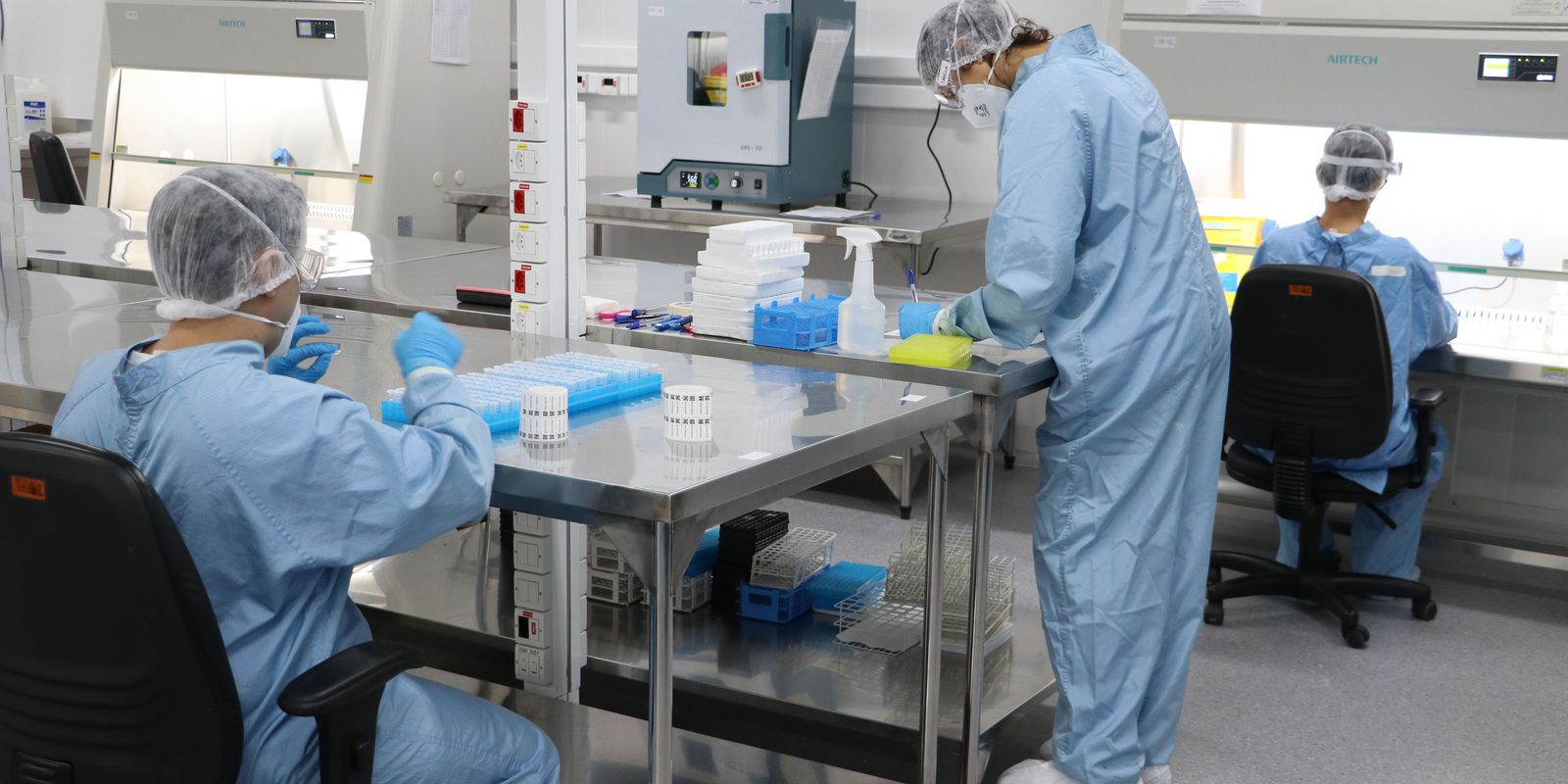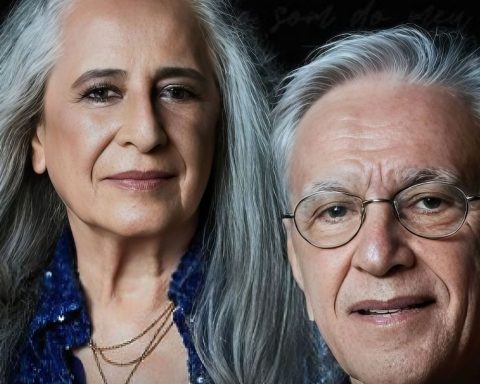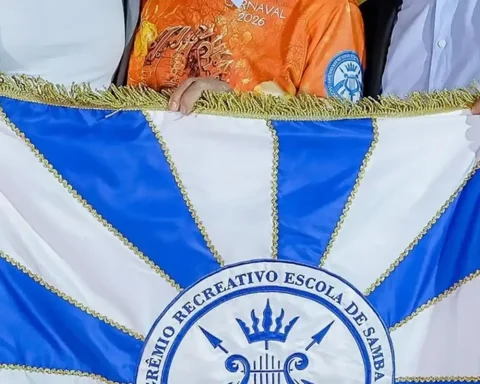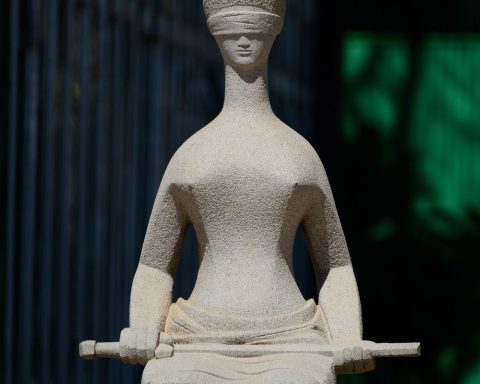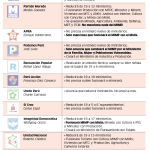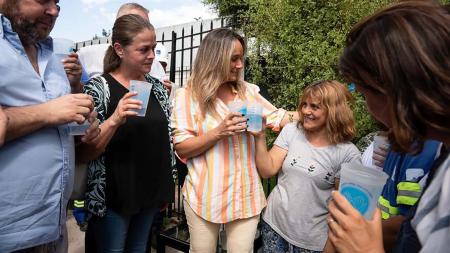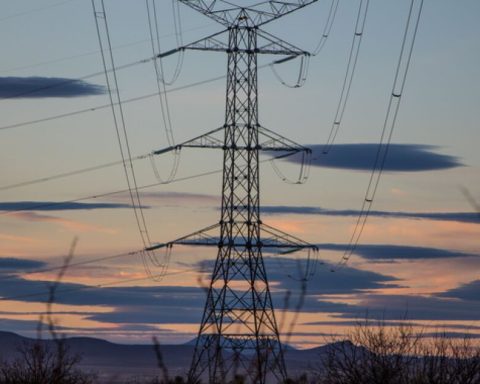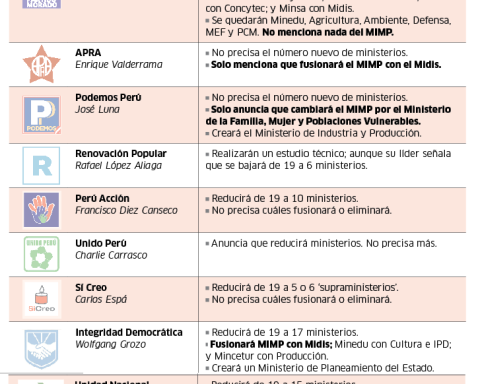Most Brazilians (68.9%) declared they trust or trust science a lot. Although the percentage is not low, it is lower than what recent research indicates, such as the State of Science Index, made by the company 3M (USA) in 2022, which indicated a rate of 90% in the statement “I trust science”. The number is part of the Confidence in Science in Brazil in times of pandemic study, conducted by the National Institute of Science and Technology in Public Communication of Science and Technology (INCT-CPCT), headquartered at Casa de Oswaldo Cruz (COC/Fiocruz) .
The work released yesterday (12) was supported by the National Council for Scientific and Technological Development (CNPq) and the Carlos Chagas Filho Foundation for Research Support in the State of Rio de Janeiro (Faperj).
For the researchers, one of the factors that may have influenced the retreat refers to the organized disinformation campaigns, which grew in quantity and impact during the covid-19 pandemic. However, they recommend caution with comparisons of this type, which may not be accurate “due to differences in the formulation of the questions or in the calculation of the results”.
scientists
Among the sources of information that most inspire confidence in Brazilian men and women, according to the survey, are scientists, identified by respondents as honest and responsible for work that benefits the population. The most frequent choices of respondents as reliable sources of information were doctors (60.1%), followed by scientists (47.3%), of which 30.6% are from universities or public research institutes and 16.7% who work in companies, and journalists (36.4%). “Artists and politicians are cited less frequently, with 1.5% each”, he indicated.
As for the names of scientists and science institutions in Brazil most remembered by respondents, 8% said they knew the name of a Brazilian scientist. Among the most cited are doctors Oswaldo Cruz and Carlos Chagas. Doctors Jaqueline Goes, from the University of São Paulo (USP), and Margareth Dalcolmo, from the Sérgio Arouca National School of Public Health (Ensp/Fiocruz), also stood out during the pandemic period for their communication and science dissemination activities.
Despite believing that scientists allowed political ideologies to influence their research on the new coronavirus during the pandemic, respondents seem to have no doubts about the benefits associated with scientific development. Only 3.5% revealed that science brings “no benefit” to humanity.
Institutions
The percentage of respondents who remembered an institution dedicated to scientific research in Brazil exceeded 25%. Among the most cited institutions are the Butantan Institute, Fiocruz and USP.
vaccines
In general, respondents have positive perceptions and attitudes about vaccination, but especially in relation to immunizations against covid-19. The assessment is that they are safe, effective and important for protecting public health and ending the pandemic.
The survey showed that 86.7% of respondents consider vaccines important to protect public health, 75.7% as safe and 69.6% as necessary. Despite this, 46.4% think they produce side effects that are a risk. Another 40% suspect that pharmaceutical companies would hide the dangers of vaccines. For 46.7% of respondents, the federal government provided false information about the vaccine against covid-19.
Even with the level of confidence in vaccines, about 13% of respondents indicated that they did not intend to take booster doses of the vaccine against covid-19 and almost 8% of those who have children or minors under their responsibility declared that they did not intend to vaccinate them. According to the survey, the profile of these people is that in addition to access to knowledge, they are profoundly different by sex and values. The researchers noted that the chance of refusing vaccines to their children is much higher among men and increases among people who declare that “economic growth and job creation must be top priorities, even when the health of the population suffers in some way” .
Priority
According to the survey, people who “declare that economic advances should take priority over policies to combat inequality, or that the market should take priority over health, are more likely to consider the risk of vaccines to be high”. Another factor mentioned is among those who participate less in politics, or who express sexist values, such as men are better than women in politics or science, or should have priority in jobs. This group also includes those who are more likely to express caution or fear about vaccination or vaccine safety, even controlling for the effect of income and education, as indicated by the INCT-CPCT study.
According to the survey, vaccine hesitancy is associated, “in part, with schooling, familiarity with scientific concepts and knowledge of scientific institutions, being strongly influenced by the degree of engagement of respondents in civil society and politics, by economic positions and values”.
Search
According to Fiocruz, between August and October this year, 2,069 people aged 16 or over were interviewed. The poll’s margin of error is 2.2% at a 95% confidence interval. The interviews were home, personal and individual. The study also pointed out that the majority of Brazilians believe that climate change is happening and is caused by human action.
The work was coordinated by researchers Luisa Massarani, from COC/Fiocruz, Vanessa Fagundes, from the Research Support Foundation of the State of Minas Gerais (Fapemig), Carmelo Polino, from the University of Oviedo (Spain), Ildeu Moreira, from the Federal University of Rio de Janeiro (UFRJ), and Yurij Castelfranchi, from the Federal University of Minas Gerais (UFMG).
“This indicates a scenario of challenges for managers, scientists, educators and communication professionals, who need to design public science communication strategies that take into account the specificities of the place, public profile and context”, called attention, the researchers at the executive summary of the study Confidence in science in Brazil in times of pandemic.
In the researchers’ view, “the mostly positive public perception of science and scientists, as well as the lack of evidence of the existence of an organized movement of science denialists in the country, are important findings to guide more effective strategies to combat disinformation , directed at specific groups of people, who react differently to different types of communication”, they pointed out, noting that “the interest in the topic and the expectation of benefits for the population from science, such as quality of life, job opportunities , social equity, can facilitate learning processes and social appropriation of knowledge.”
climate change
The majority of the Brazilian population (91%) believes that climate change is occurring, while for less than 6% it does not exist. In this last installment, there are significant differences. “Regression models show that the chance of a respondent stating that there is no climate change increases greatly among people who also say they do not trust science or whose trust in science has declined during the pandemic.”
Brazilian men and women also believe that climate change is harming the quality of life in Brazil (78.3%), they can harm themselves and their families (81%) and also the next generations (82.8% ).
For 85.8% of those who believe in the existence of climate change, the cause is human action, while 12.4% believe that they are caused by natural changes in the environment. The study also pointed out that “the sense of consensus in the scientific community on the cause of climate change is stronger than that of disagreement: 68% of respondents say that most scientists agree on the causal relationship with human action”. But when it comes to the opinion on national efforts to preserve the environment, the evaluation is divided: 30.6% agree that Brazil is one of the countries that best preserves the environment and 42.8% disagree with the statement.
